Maritime transport accounts for 3% of global CO2 emissions and is a sector that is difficult to control due to its cross-border nature. A carbon pricing model is expected to be an effective tool to regulate emissions, support developing countries in the transition to green shipping and encourage the production of alternative fuels.
But many countries, including China, Brazil and Saudi Arabia, want to introduce carbon credit trading schemes that would allow low-emissions ships to sell credits to other ships. Critics fear this could allow wealthy shipowners to “buy compliance” without actually reducing emissions.
The US has unexpectedly strongly objected, threatening to take retaliatory measures if the carbon tax is applied. Washington believes that this tax creates an unfair burden on the US and warns that it will take reciprocal action to protect domestic interests.
Despite the hurdles, countries supporting the carbon tax are hoping to reach a consensus this week. If all goes well, the regulation could be adopted in October and take effect in 2027.
The European Union has reached a landmark agreement to extend controls on microplastic pollution to shipping, as a growing number of nurdles — tiny plastic pellets used to make toys, bottles and other plastic products — pollute Europe’s shores.
The European Commission estimates that between 50,000 and 184,000 tonnes of nurdles are released into the environment each year, with shipping accounting for around 38% of the total volume of these plastic particles. However, the original proposal excluded the shipping sector from the scope of the new regulations, sparking strong criticism from EU lawmakers and governments.
Under the new agreement, companies shipping plastic pellets in containers will have to ensure they use high-quality packaging and provide full cargo information in accordance with International Maritime Organization (IMO) standards. In addition, medium and large operators will have to undergo independent audits, and those handling more than 1,500 tonnes of plastic pellets per year will need a separate certificate of compliance.
Despite an exemption for small and medium-sized enterprises, the agreement is considered by experts to be a “pioneering approach” that puts the EU at the forefront of global efforts to tackle microplastic pollution. Concerns about microplastics are not unfounded. Recent scientific studies have shown that microplastics have penetrated almost every form of life on the planet, even crossing the blood-brain barrier in humans, posing numerous risks to health and ecosystems.
"Holding polluters accountable is a prerequisite to preventing environmental disasters like those that have occurred in Spain, the Netherlands and the North Sea," said European MEP César Luena, who led the legislative process.
The legislation follows a September 2023 regulation to phase out intentional microplastics in consumer products. With this commitment, the EU shows its strong commitment to protecting the marine environment and preserving biodiversity for future generations.
Source: https://moit.gov.vn/tin-tuc/thi-truong-nuoc-ngoai/thue-carbon-toan-cau-cho-nganh-van-tai-bien.html


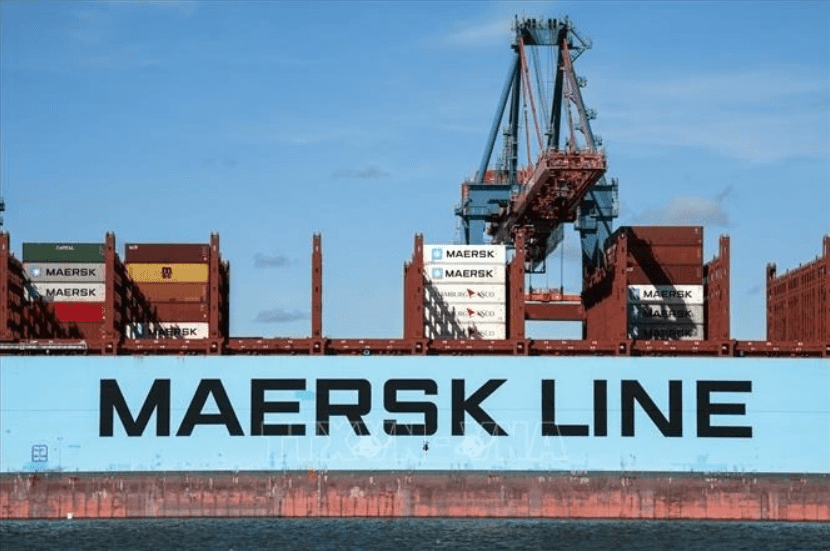




![[Photo] Closing of the 11th Conference of the 13th Central Committee of the Communist Party of Vietnam](https://vstatic.vietnam.vn/vietnam/resource/IMAGE/2025/4/12/114b57fe6e9b4814a5ddfacf6dfe5b7f)










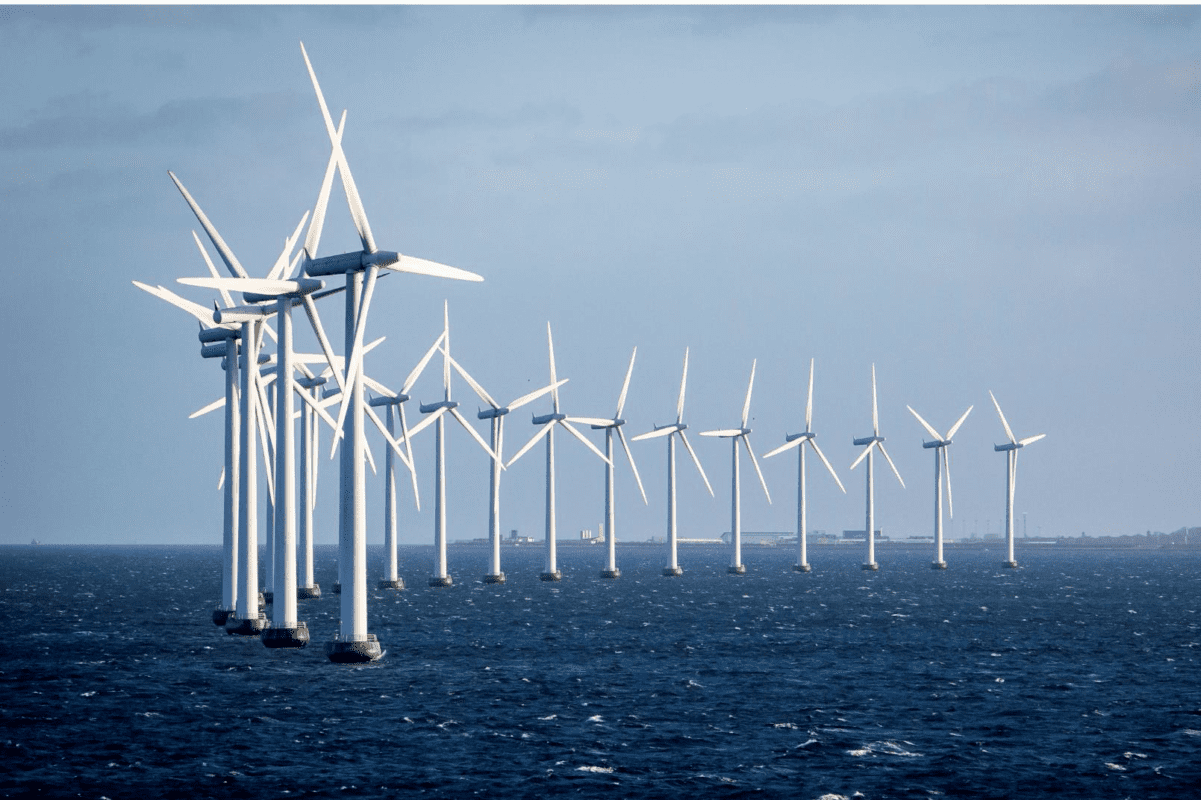

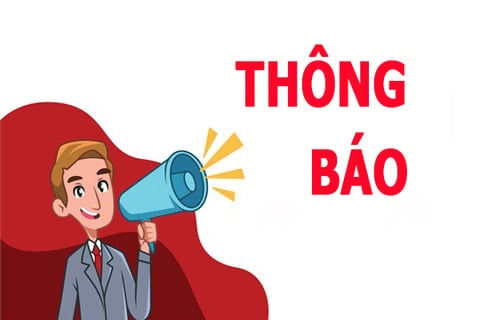


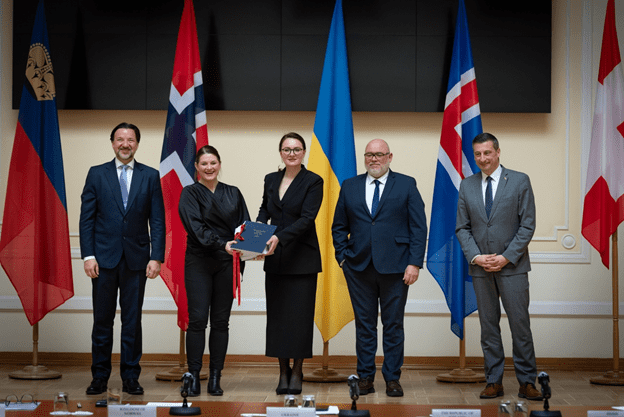
![[Photo] Overcoming all difficulties, speeding up construction progress of Hoa Binh Hydropower Plant Expansion Project](https://vstatic.vietnam.vn/vietnam/resource/IMAGE/2025/4/12/bff04b551e98484c84d74c8faa3526e0)




































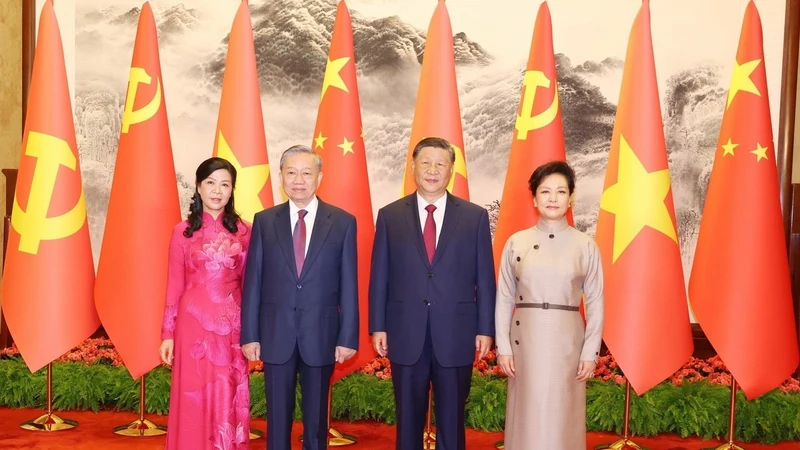


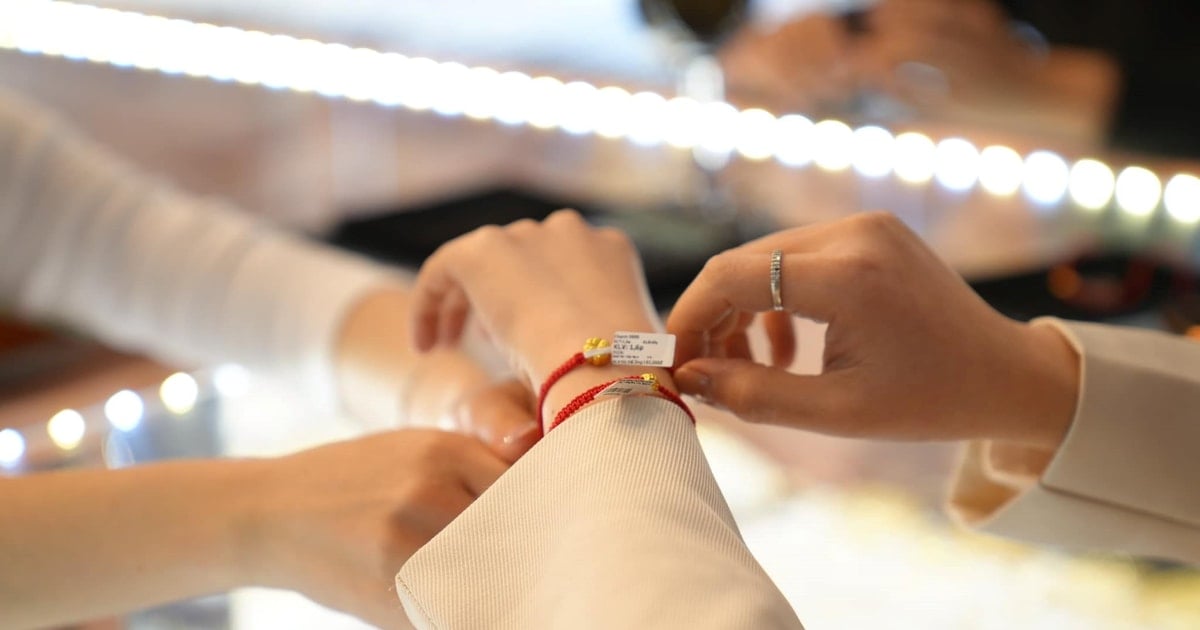





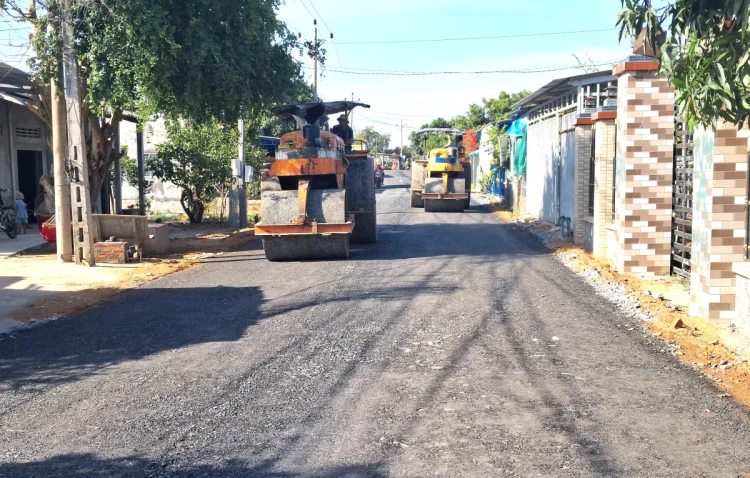












Comment (0)